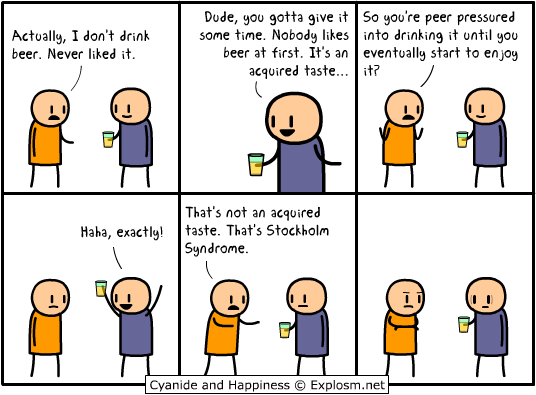FirstAidBrewing
Well-Known Member
canned beer is actually good now......
Damn right it is. Case in point would be grapefruit sculpin. I first had it out of a bottle and didn't understand the hype. Then I had it in a can and understood. FWIW I see more and more cans popping up in my local bottle shop.







![Craft A Brew - Safale S-04 Dry Yeast - Fermentis - English Ale Dry Yeast - For English and American Ales and Hard Apple Ciders - Ingredients for Home Brewing - Beer Making Supplies - [1 Pack]](https://m.media-amazon.com/images/I/41fVGNh6JfL._SL500_.jpg)




















































 Guys this is the contrarian views thread. Please stay on topic and post only your contrarian views
Guys this is the contrarian views thread. Please stay on topic and post only your contrarian views